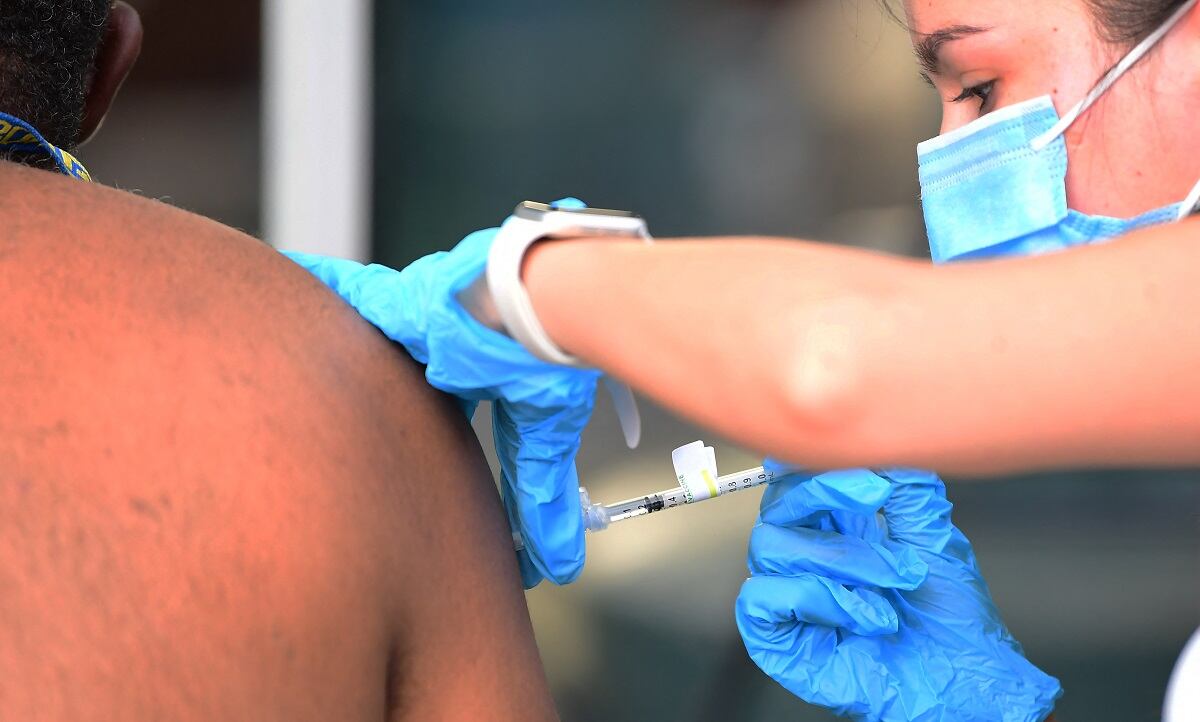
Virulent infectious agents such as coronavirus SARS-CoV-2 can induce tissue damage and now a study led by the University of California in San Diego (USA) proposes a new approach to treat covid-19: use an experimental drug against cancer.
Twelve years ago, cancer researchers at this university centre identified a molecule that helps cancer cells survive by transporting harmful inflammatory cells to tumour tissue. In this new research, they show that the same molecule does the same in Covid-19-infected lung tissue, and that the molecule can be suppressed with a repurposed cancer drug.
The work, published in Science Translational Medicine, represents a new approach to prevent irreversible organ damage in diseases such as COVID-19 and MRSA (methicillin-resistant Staphylococcus aureus), which does not improve with the type of antibiotics used for staph infections.
The two key players in this approach are inflammatory cells called myeloid cells and the enzyme PI3K gamma, the university said in a statement.
Myeloid cells belong to the innate immune system – the immunity we are born with before being exposed to pathogens in the environment – and act very quickly to eliminate deadly agents such as SARS-CoV-2, the virus that causes COVID-19.
The work shows that drugs capable of preventing the recruitment of harmful myeloid cells in tissues infected by serious agents, such as Covid-19 or MRSA, have a ‘significant’ beneficial effect in preserving tissue function, if administered at a sufficiently early stage of infection, says researcher Judith Varner.
Most Covid drugs target the virus, either by preventing infection or by stopping it from making more of itself after infection. The current approach is directed at the host, preventing the immune system from overreacting or fibres from building up in the lungs.
Myeloid cells protect, but they can also do a lot of damage, Varner explains. If you have a small infection, they spring into action, killing bacteria, releasing alerts that recruit immune cells. ‘murderers’ even more potent and produce substances that can heal the damage.
But if the infection is too strong, these warning signals are overproduced and the substances they release to kill infectious agents can also affect the patient; this happens in Covid.
PI3K gamma promotes the movement of myeloid cells into cancerous tissues, as the team discovered twelve years ago. The current work shows that this enzyme also helps move myeloid cells into tissues infected with SARS-CoV-2.
This finding led the team to believe that a cancer drug that inhibits PI3K gamma, called eganelisib, could be effective in suppressing inflammation in COVID-19 by blocking the enzyme’s ability to move myeloid cells into infected tissue.
Researchers sequenced lung tissue from Covid patients and found that many of their lung cells were dying and there was a huge increase in myeloid cells. They also found the same thing in infected mice.
The team found that eganelisib — not yet approved by the U.S. Food and Drug Administration — prevents myeloid cells from entering the tissue so they can’t do all that damage. Further studies will determine whether it can actually reverse the damage, say the researchers, who also found the same results in mice infected with MRSA.
It may interest you
- Peru applies monovalent vaccine against COVID-19: new version of the vaccine every year?
- COVID-19 monovalent vaccination begins: where can I go?
- Covid-19: 517 positive cases and 12 deaths are recorded in La Libertad
Source: Gestion
Ricardo is a renowned author and journalist, known for his exceptional writing on top-news stories. He currently works as a writer at the 247 News Agency, where he is known for his ability to deliver breaking news and insightful analysis on the most pressing issues of the day.












